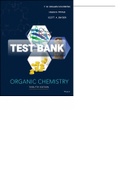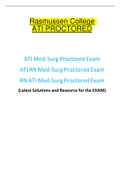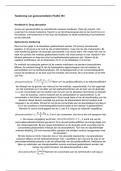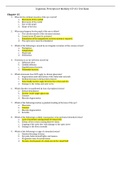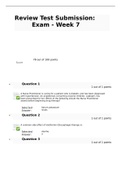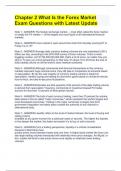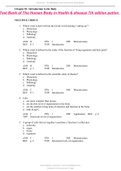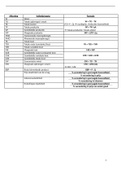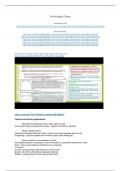Tentamen (uitwerkingen)
Exam (elaborations) TEST BANK FOR Organic Chemistry 10th Edition By T.
Exam (elaborations) TEST BANK FOR Organic Chemistry 10th Edition By T. p:/o/permissions. Evaluation copies are provided to qualified academics and professionals for review puposes only, for use in their courses during the next academic year. These copies are licensed and may not be sold or ...
[Meer zien]
